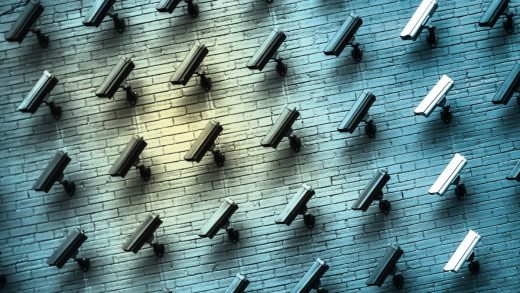Stingrays and other cellphone surveillance could be disrupting 911 calls
Those cell surveillance devices aren’t just fodder for conspiracy sites anymore. According to Senator Ron Wyden of Oregon those cell-site simulators (CSS, commonly known by their brand name, Stingray) may impede your next 911 call.
Wyden has sent a letter to the U.S. Department of Justice that includes an admission from Stingray maker Harris Corporation—a favorite among law enforcement—that the devices “completely disrupt the communications of targeted phones for as long as the surveillance is ongoing,” including calls, texts, or other data.
Stingrays are supposed to permit 911 calls, but the letter—first reported by the Washington Post—says “this feature has not been independently tested” as part of the FCC’s certification process. Furthermore, officials were not able to confirm the feature is “capable of detecting and passing-through 911 emergency communications made by people who are deaf, hard of hearing, or speech disabled using Real-Time Text technology.”
Wyden believes the DOJ hasn’t been candid with the courts (as required by law) about the Stingray’s total disruption of service, which may overstep the boundaries of the probable cause and reasonableness requirements of the Fourth Amendment. The senator says he wants greater accountability for law enforcement in using these devices and wants the DOJ to explain its reasoning as to why disrupting someone’s ability to call 911 isn’t a very bad idea.
You can read the full letter on Electronic Frontier Foundation’s website.
As the EFF notes, Harris Corp’s device may allow 911 calls, but other CSS manufacturers may not be so generous. Plus, devious types can make their own devices for “less than $1,000 in parts,” and whoever goes to those lengths probably doesn’t care whether it disrupts 911 service.
We’ve reached out to Harris for comment and will update if we hear back.
(40)



